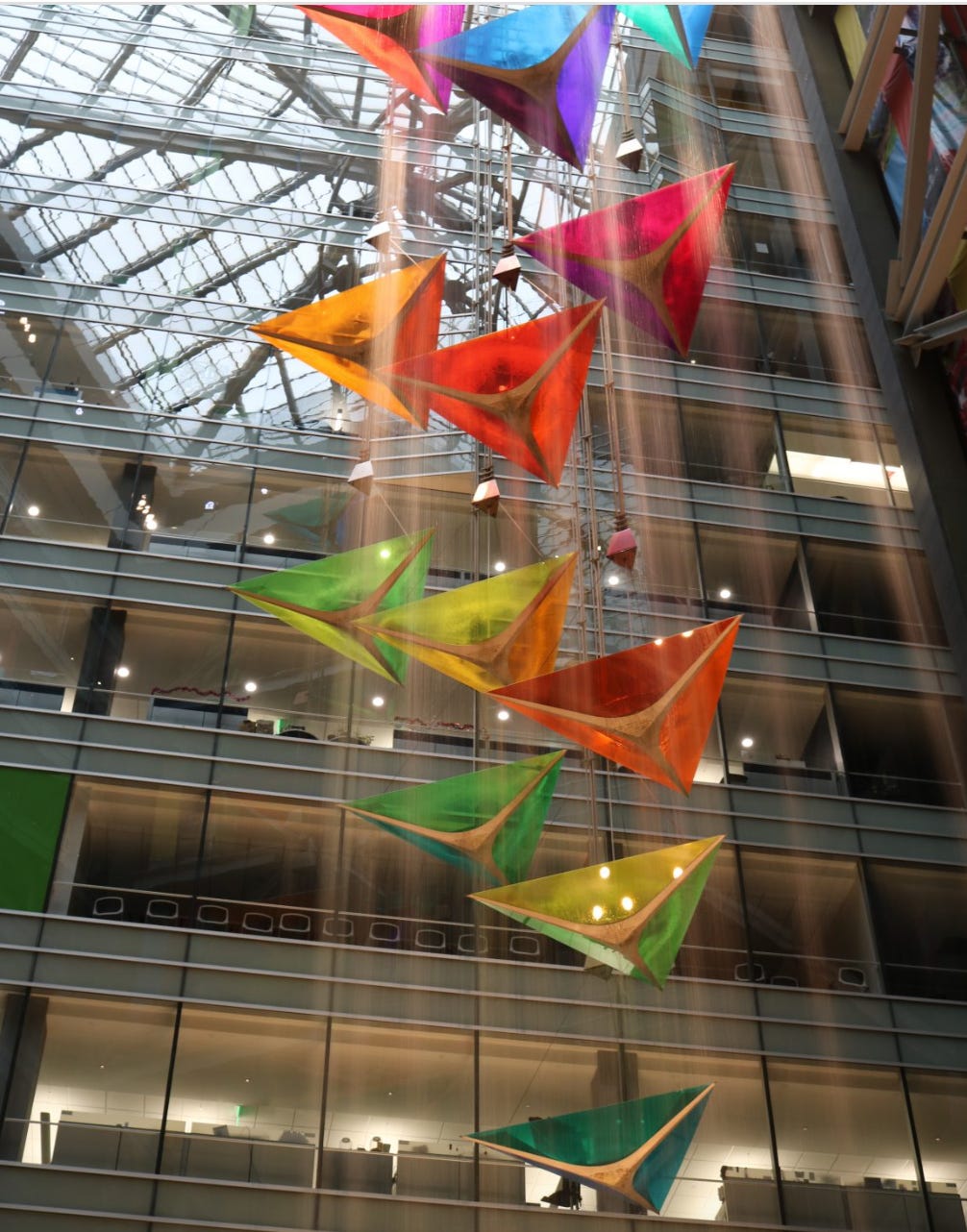How often do you hear this? Just be patient. This timeless advice has been shared with parents for generations, yet it always feels so hard. And what is patience anyway, and how do you cultivate it? According to the Cambridge Dictionary, patience is defined as “The ability to accept, delay, suffering of annoyance, without complaining or becoming angry.” As I went down my rabbit hole researching different definitions of the word patience, each definition became more ambiguous and sounded more like lessons in conformity.
One description said it’s the willingness to suppress restlessness and annoyance. Another one described patience as the ability to endure a difficult circumstance. These all seem reasonable, and I’m sure we can think of moments when we had no choice but to endure a difficult circumstance.
When talking about patience, I love author Seth Godin’s take. He said, “Patience: It’s worth the most, when it’s the most difficult to find.”
Instead of trying to be patient, I want to offer you a reframe. Consider patience as a practice. It’s not something you have or don’t have, and it isn’t something you are or are not. It isn’t engrained in some and left out of others. Consider patience to be more of a process that takes time. To cultivate patience it requires two critical components.
Self Awareness
Patience requires us to understand what triggers or bothers us in the first place. What is the overwhelming component that you struggle with? For some, this could be anything that disrupts the sensory system: Loud sounds, visual distractions, clutter, temperature, etc. For others, it could be personal traits that get to us. Someone who speaks loudly, dismisses our feelings, shuts down and withdraws, etc. Whatever it is, you want to be self-aware and name your feelings.
Without self-awareness, you’ll always place the blame on external factors, never acknowledging your response to an event. Self-awareness reminds you that there is that which you can control — yourself — and that which you cannot. When you become clear about your triggers, you can also focus on how you can show up differently. How can you ease yourself through the discomfort rather than rush to impatience?
Acceptance
Patience requires acceptance, and learning this is hard. It will require you to accept not only the stressful event but your reaction to it. Once you can accept, rather than wish the problem away, you are more likely to build tolerance. Acceptance moves you toward a solution. Remaining intolerant keeps the cycle of impatience going.
Eckhart Tolle defines stress as “Refusing to accept the present moment as it is.” When we can’t accept each moment as it unfolds, good or bad, our stress increases, making patience a much more complicated place to get to. Acceptance is the bridge to patience. When we practice patience, we’re learning to let go. Where can you breathe and release that which isn’t sitting well? Can you pause before reacting? Could you say to yourself, I can accept that this moment is hard, and maybe doing nothing is the best option at this very moment? Without acceptance, you never contemplate these options.
If we tell ourselves over and over to be patient, it’s not practical. I would argue it backfires because you ask yourself to be patient, lose your cool, and then feel bad that you weren’t patient. This tends to be the rinse-and-repeat process most parents experience when searching for patience. Show yourself grace during this busy time of year, and work toward practicing, not mastering patience or being patient, but just practicing. Lean into 1-2 moments in your day to test this. For example, when I go to Costo 2 days before Christmas, I tell myself that I must accept the events as they unfold and be.
And, most importantly, practice patience with yourself. We often reserve patience for everyone and everything else, never realizing we need it too. Patience is how we show ourselves grace and forgive ourselves when we make mistakes. When you practice patience with yourself, it’s much easier to practice it with others. Show your kids how to do this. We live in a culture that rewards perfection and high achievement. Let’s celebrate the moments when we fall short and respond with patience. Instead of being your own worst critic, allow patience to usher you closer toward self-love. It is the ultimate form of self-care.
I would describe myself as calm and patient. But not because I was born this way but because I care deeply for myself and those around me. Practicing patience is my way of honoring myself and everyone else’s journey.
Make it a practice so that hopefully, for you, it won’t be as difficult to find when you need it the most.
From my heart to yours, Happy Holidays, everyone.



Yes, patience comes for me in moments - brief moments - but I appreciate the "practice" of it rather than trying to be it all the time!